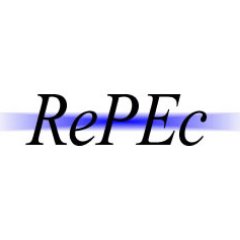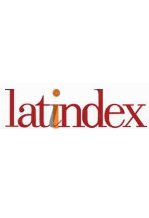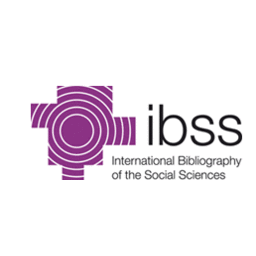Reduzir a desigualdade, mas até que ponto? Breves comentários a partir da "Vida Boa" de Aristóteles
Abstract
The article aims to reflect on the current debate on inequality, seeking to explore ethical issues that are inherent to the topic, mainly the existence of a supposed ideal point for inequality to be reduced. The work is based on the United Nations Sustainable Development Goals (SDGs), which, in Raworth's (2019) proposal, would be the basis, together with the search for environmental sustainability, for reducing poverty and inequality. However, some more developed countries are already at a greater level of progress in terms of these indicators, and even so, in recent decades, there is strong evidence of an increase in inequality and a reduction in important indicators of the well-being of their population. The article then proposes that Aristotle can provide a new look at the growing inequality in today's world, based on his vision of the “good life”. Seeking to discuss what would be “enough” for the good life proposed by the ancient philosopher today, based on the necessary “basic goods”, as defined by Skidelsky and Skidelsky (2017), we seek to show that such a vision, even though it still requires advancing in analytical terms (such as in the measurement of basic goods), presents clear implications for the current debate on inequality, as it reveals a morally ideal point to seek its reduction, and which can even inspire new discussions on public policy measures.
Downloads
Downloads
Published
How to Cite
Issue
Section
License
Copyright (c) 2025 Robson Grassi

This work is licensed under a Creative Commons Attribution-NonCommercial 4.0 International License.
The copyright of papers published in the Revista de Economia Mackenzie belongs to the authors, who grant to the Mackenzie Presbyterian University the exclusive rights to publish the content. Total or partial reproduction is prohibited without due authorization of the Editorial Committee, except when it is previously authorized.










